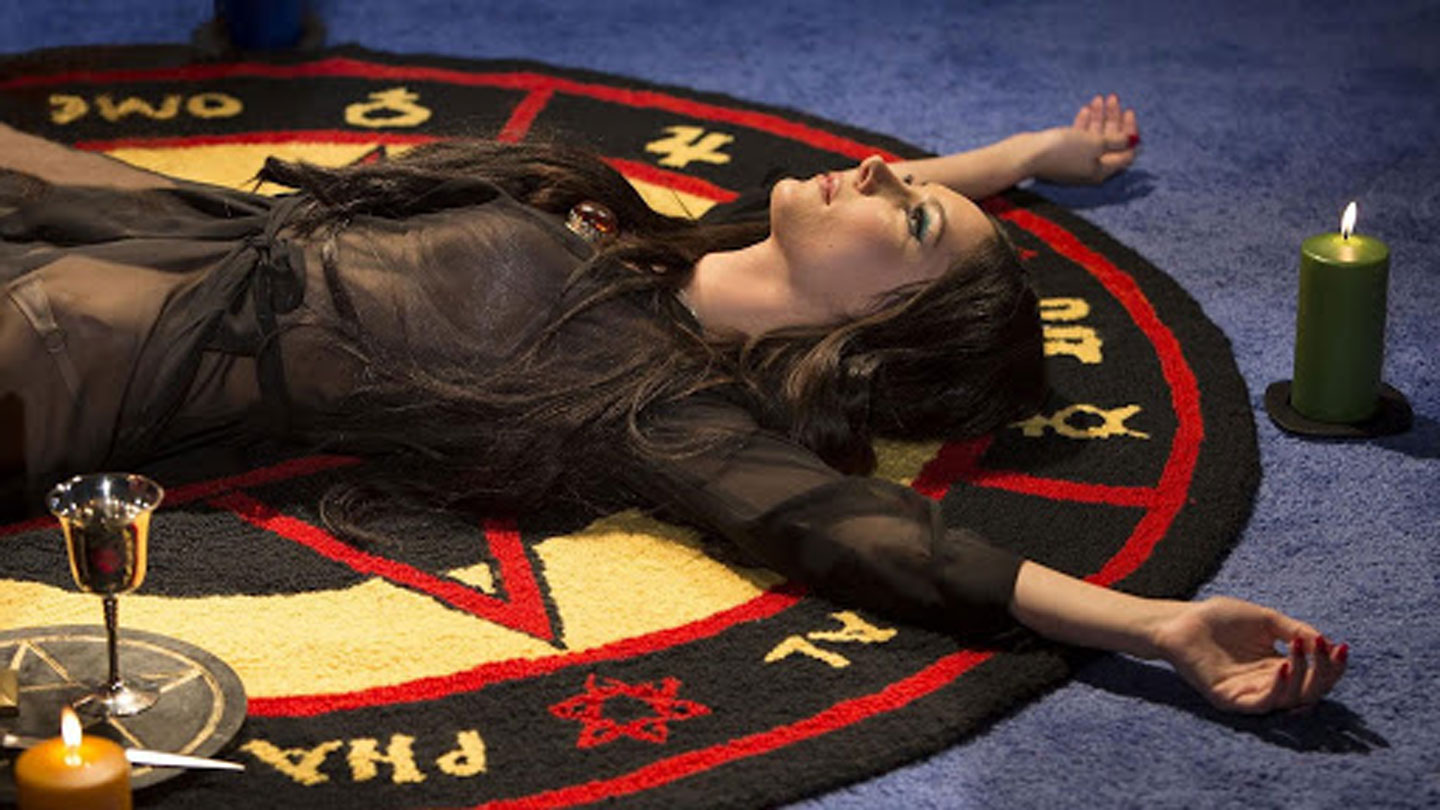Take Coronavirus out of the equation and ask yourself: When was the last time you went to church? Maybe you were raised a Roman Catholic or a Protestant Christian, and such weekly outings were a regular occurrence. Or you’re a Muslim who spent much of their childhood at mosque, only to find your interest in it fading as you’ve grown older. Well, you’re not alone. Most of Generation Z are less tied to these old school religious practises, and are switching to more tangential ways of expressing our spirituality instead. That independence from older religious mentors, apparently, is making us more lonely too.
A study conducted by Springtide Research Institute, who chart the changes in the lives of Generation Z, found that our waning relationship with religion in its most conventional form is changing. The group surveyed over 10,000 young people between the ages of 13-25, and found that 71% of that group considered themselves at least slightly religious, but had little trust or interest in engaging with religious institutions. Only 13% would consider themselves ‘Very Religious’. So what does that mean? Perhaps that the ways in which we were raised by our parents as Christians, Catholics, Muslims or Jews still impact us, but the way we process or reshape it in our own head is different.
For example, those who practise Judaism, Buddhism, Hinduism and other non-Christian faiths were more likely to call themselves ‘spiritual’ than ‘religious’. What’s more, the 24% of people who said they were agnostic still considered themselves spiritual, with over 65% of agnostics adopting that label instead. So what are we engaging with instead?
The study doesn’t specify, but the boom in astrology, tied to tarot cards, star signs and Mercury being in perpetual retrograde probably explains the way we’ve changed our stance on things. We are looking for purpose in an ever-shifting universe, but the increasing scepticism towards religious institutions — ones we’ve come to see as tax havens as much as they are places of worship — means we’re finding new, more autonomous roots into spirituality.
It’s no secret that a love for going to church is on a downwards spiral: a study by Gallup showed that the number of people who were members of a church, mosque or synagogue in the US specifically dropped from 73% in the 1980s to below 50% today. Bear in mind that the world’s population is ageing, and once the baby boomer generation are no longer the oldest, that’s likely to drop further.
But are we losing out on something by no longer seeing church leaders as mentors in society? The Springtide survey shows evidence that fewer of us would turn to a minister or religious leader in times of loneliness anyway: just 8% would turn to one, while 74% would turn to a parent or guardian instead. There’s a chance we’d benefit from having the chance to have someone new turn to to though. The survey also states that 69% of us have fewer than three meaningful interactions a day. There’s a loneliness problem amongst those who have fewer adults to look up to, and turn to for advice. Those with more than five, the study says, have the lowest level of loneliness issues.
But is a mass return to the church, synagogue or mosque the way to counteract that loneliness? It doesn’t seem so. It’s a trend that’s passing down through generations (Millennials, too, are more spiritual than religious), the impact of traditional faith growing weaker as we follow new spiritual practises that speak to a desire for autonomy, and skepticism of institutional power. Perhaps in 50 years time, a President will be inaugurated by swearing on a rose quartz rather than a Bible. Good vibes all round!
But are we losing out on something by no longer seeing church leaders as mentors in society? The Springtide survey shows evidence that fewer of us would turn to a minister or religious leader in times of loneliness anyway: just 8% would turn to one, while 74% would turn to a parent or guardian instead. There’s a chance we’d benefit from having the chance to have someone new turn to to though. The survey also states that 69% of us have fewer than three meaningful interactions a day. There’s a loneliness problem amongst those who have fewer adults to look up to, and turn to for advice. Those with more than five, the study says, have the lowest level of loneliness issues.
But is a mass return to the church, synagogue or mosque the way to counteract that loneliness? It doesn’t seem so. It’s a trend that’s passing down through generations (Millennials, too, are more spiritual than religious), the impact of traditional faith growing weaker as we follow new spiritual practises that speak to a desire for autonomy, and skepticism of institutional power. Perhaps in 50 years time, a President will be inaugurated by swearing on a rose quartz rather than a Bible. Good vibes all round!

